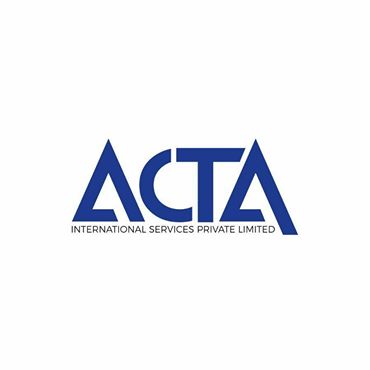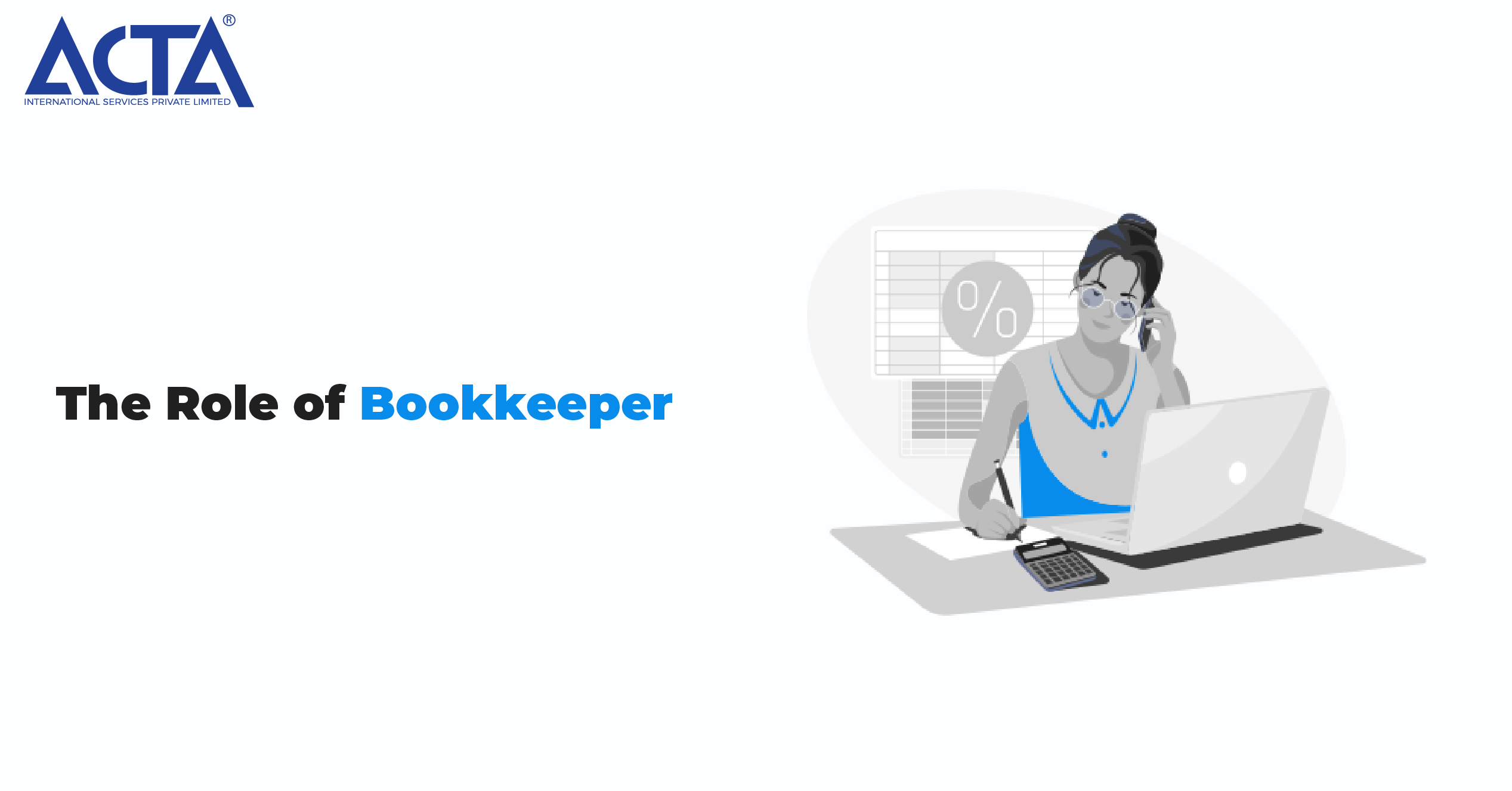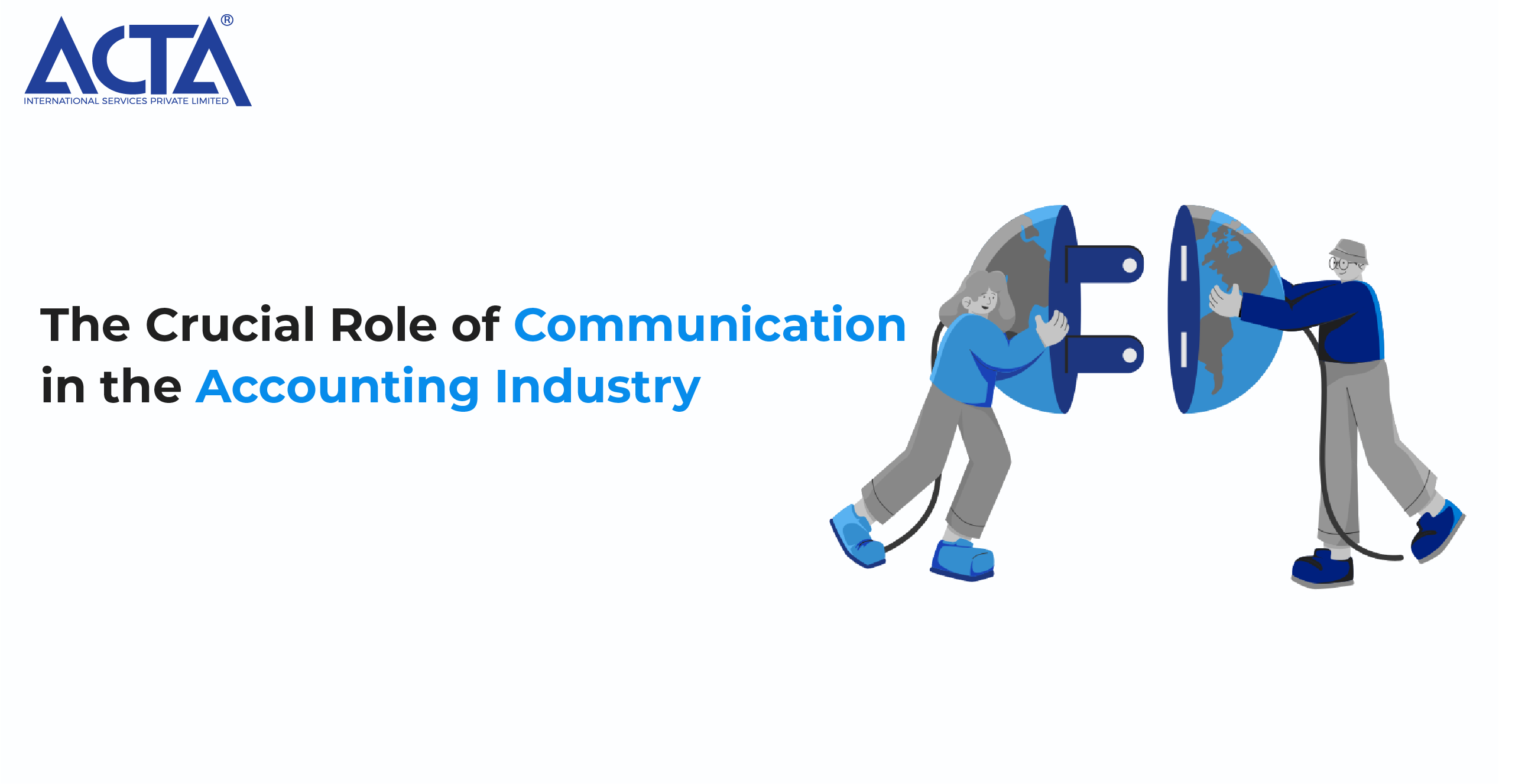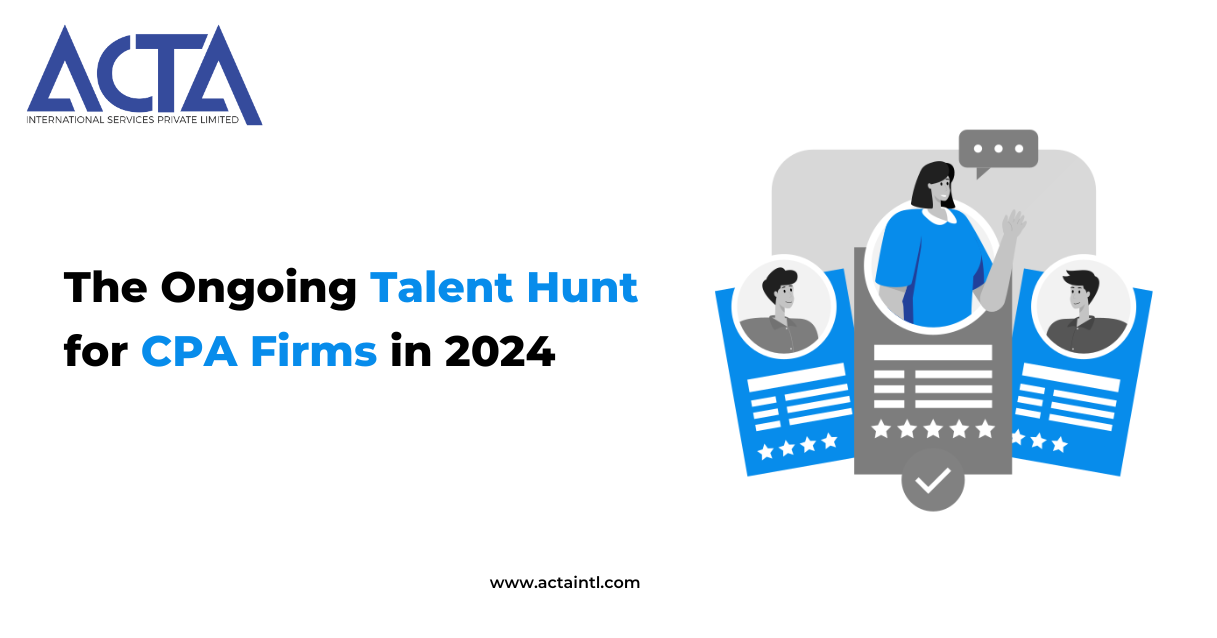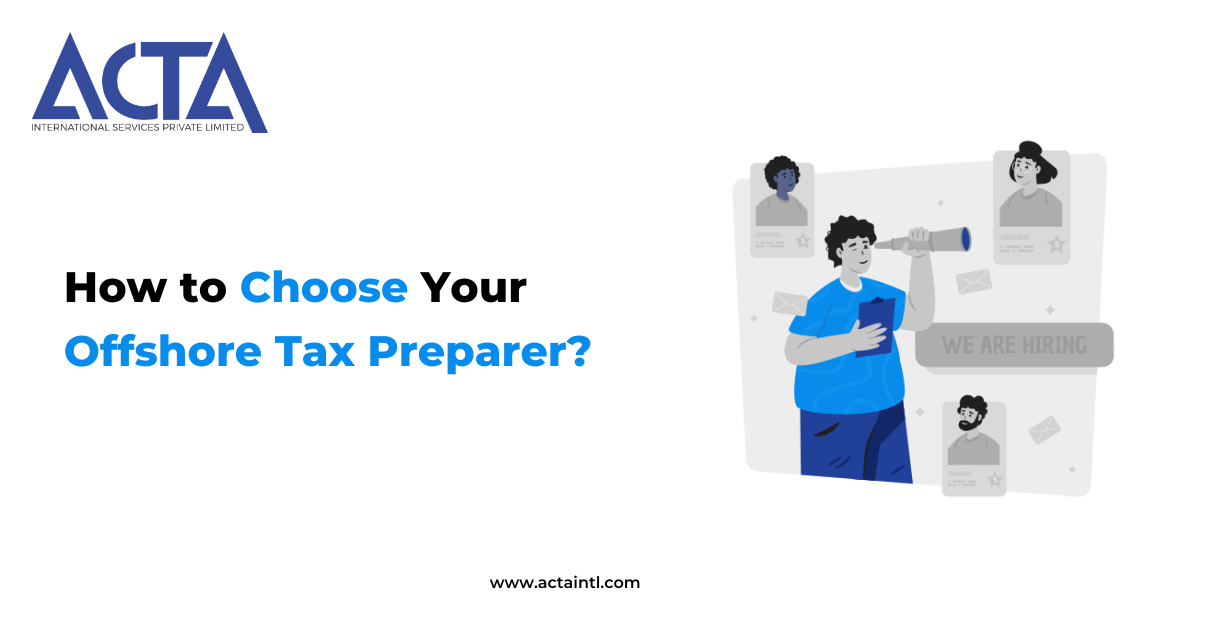
How to Choose Your Offshore Tax Preparer?
Aug 07, 2024
By Acta International
Selecting the right offshore tax preparer is a critical decision that can significantly impact your firm’s financial health and compliance. With the increasing trend of outsourcing tax preparation, it is essential to ensure that the offshore provider you choose is not only qualified but also aligns with your firm's values and requirements. Here are the detailed checkpoints you should consider to make an informed choice:
1. Experience and Expertise
- Industry-Specific Knowledge: Your offshore tax preparer should have extensive experience in handling U.S. tax regulations. This includes a deep understanding of federal and state tax laws. Moreover, it’s beneficial if they have experience in your specific industry, whether it's real estate, healthcare, or technology, as this can streamline processes and reduce errors.
- Track Record: Look for a preparer with a proven track record. Ask for case studies or examples of how they have successfully managed tax preparations for other firms similar to yours. Experience often translates to expertise, and seasoned professionals are more likely to navigate complex tax scenarios effectively.
2. Credentials and Certifications
- Professional Certifications: Ensure that the offshore tax preparer holds relevant certifications such as Certified Public Accountant (CPA), Enrolled Agent (EA), or other recognized qualifications. These credentials indicate that the preparer has met stringent education, experience, and ethical standards.
- Ongoing Education: The tax code is continually evolving. A preparer who engages in ongoing education and professional development is more likely to be up-to-date with the latest tax laws and regulations, ensuring your firm remains compliant and takes advantage of new opportunities.
3. Communication Skills
- Clear and Consistent Communication: Effective communication is crucial, especially when dealing with complex tax matters. Your offshore preparer should be able to explain intricate tax concepts in layman's terms. They should also be responsive and available to address any questions or concerns promptly.
- Language Proficiency: Ensure that the preparer is proficient in English, both written and verbal, to avoid any misunderstandings. This is particularly important when discussing detailed financial information and requirements.
4. Technology Proficiency
- Advanced Software Skills: The preparer should be proficient in the latest tax software and tools, such as CCH Axcess, Lacerte, or UltraTax. This not only ensures accuracy but also enhances efficiency in tax preparation and filing.
- Data Security: In the digital age, data security is paramount. Verify that the offshore preparer uses secure systems and protocols to protect your sensitive financial information. This includes encryption, secure servers, and regular security audits.
5. Security Measures
- Confidentiality Agreements: Ensure that the offshore preparer adheres to strict confidentiality agreements. Your financial data is sensitive, and any breach can have serious repercussions.
- Compliance with Data Protection Laws: Check if the preparer complies with international data protection laws, such as the General Data Protection Regulation (GDPR) or Information Security Management Systems (ISMS) ISO/IEC 27001:2022. Compliance with these regulations indicates a high standard of data protection.
6. Client References
- Testimonials and Reviews: Request references from current or past clients to gauge their reliability and performance. Testimonials and reviews can provide valuable insights into their work ethic, reliability, and quality of service.
- Case Studies: Ask for case studies that highlight their approach to problem-solving and client management. This can give you a better understanding of their capabilities and how they handle complex tax situations.
7. Cost Transparency
- Clear Fee Structure: Understand their fee structure upfront to avoid any hidden charges. A reputable preparer will provide a clear and detailed breakdown of their fees.
- Value for Money: While cost is an important factor, it should not be the only consideration. Evaluate the value they provide for their fees. Sometimes paying a bit more for a highly qualified and experienced preparer can save you money in the long run through better tax strategies and fewer errors.
Conclusion:
Choosing the right offshore tax preparer involves thorough research and careful consideration. By focusing on these key checkpoints—experience and expertise, credentials and certifications, communication skills, technology proficiency, security measures, client references, and cost transparency—you can ensure that your firm partners with a reliable and competent tax professional. This decision will not only streamline your tax preparation process but also contribute to the overall financial health and compliance of your firm.
FAQs

